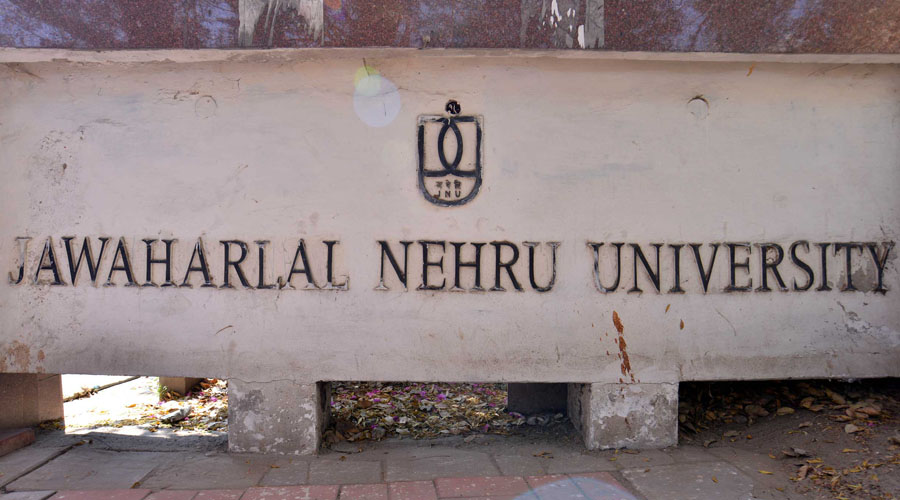Delhi High Court has set aside Jawaharlal Nehru University’s decision to put on hold the pension payment of a professor for taking part in a ceasework against the policies of the institution.
In its verdict on November 23, a single-judge bench of Justice Jyoti Singh referred to three previous judgments of the Supreme Court and Punjab and Haryana High Court and held that pension was not a bounty that the employer could put it on hold.
Delhi High Court directed JNU to release the retirement benefits of Prof. Kunal Chakrabarti, a former faculty member at the School of Historical Studies, within four weeks along with 9 per cent interest for the period since his retirement in May last year.
Chakrabarti and 47 other faculty members had taken part in a protest on the campus in July 2018 against the policies of vice-chancellor M. Jagadesh Kumar. The university had discontinued its policy of deprivation points to students from backward districts during admission to research courses in 2018. The VC had also been accused of ignoring the list of experts suggested by academic bodies of the university for selection of teachers.
The protesting teachers had been showcaused as the university had considered their participation in the ceasework as an act of violation of academic rules and regulations. The teachers were chargesheeted in June 2019 but they moved Delhi High Court, which stayed the proceedings and notices against them.
Chakrabarti retired in May 2019 and applied for retiral benefits such as pension and gratuity in June that year. In August 2019, JNU responded saying that his retirement benefits would be kept on hold till the chargesheet was finalised. He sought information under the RTI Act about the delay but got no information. Chakrabarti then moved the high court seeking disbursal of dues with 18 per cent annual interest for the period of non-payment.
In its affidavit, JNU had said that since Chakrabarti had retired, approval had been sought from the President of India, the visitor of the university, for initiating proceedings against him. JNU informed the court that the gratuity was paid in October 2019 but the pension had been put on hold in view of the showcause notice and the actions proposed under Rule 9 of the CCS Pension Rules.
According to the rules, the pension of an employee can be withheld in part or full if he or she is found guilty of misconduct or negligence of duty during service by any departmental committee or the judiciary. In this case, no chargesheet was issued, so no proceedings were pending against Chakrabarti.
“Pension is neither a bounty nor a matter of grace depending upon the sweet will of the employer,” the high court judgment said.
“Pension is not an ex gratia payment but it is a payment for the past service rendered and it is a social welfare measure rendering socio-economic justice to those who in the heyday of their life ceaselessly toiled for the employer on an assurance that in their old age they would not be left in the lurch,” the judgment added.
“I hereby direct the Respondent (JNU) to release the pensionary benefits of the Petitioner, within a period of four weeks from today including the arrears with effect from 31.05.2019. The Petitioner shall also be entitled to interest @ 9% per annum on the arrears of pension,” the court ruled.
JNU Teachers’ Association (JNUTA) secretary Moushami Basu welcomed the ruling and hoped similar relief would be provided to the other teachers whose pensions had been put on hold.
“We hope the court will take a similar view in all the cases. The university’s actions seek to victimise the faculty members,” she said.
This is the second time within a month that the court has made a scathing remark on a decision of the JNU administration and set aside its actions. Last month, it had quashed the advertisement of two faculty posts whose reservation character had been altered.











